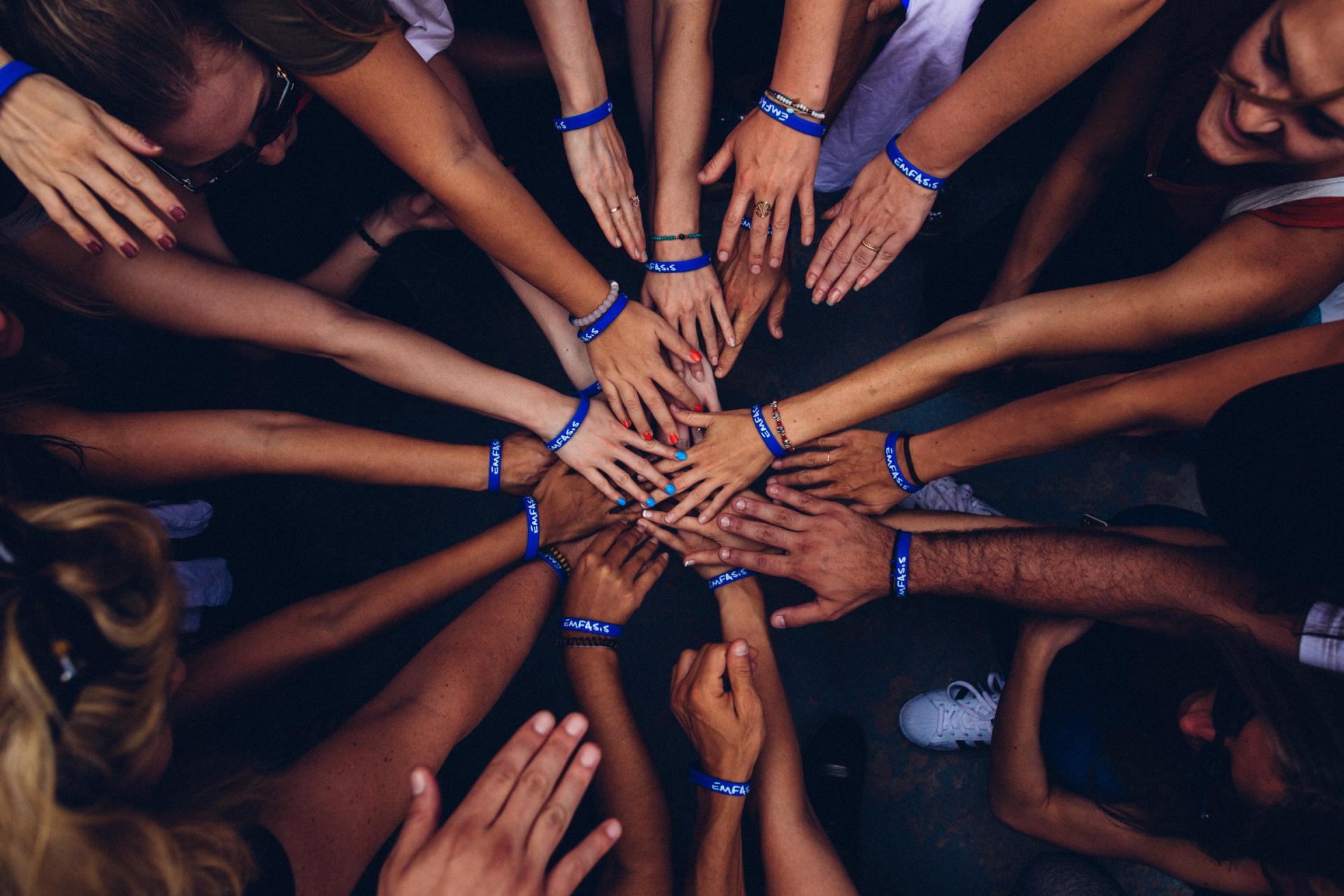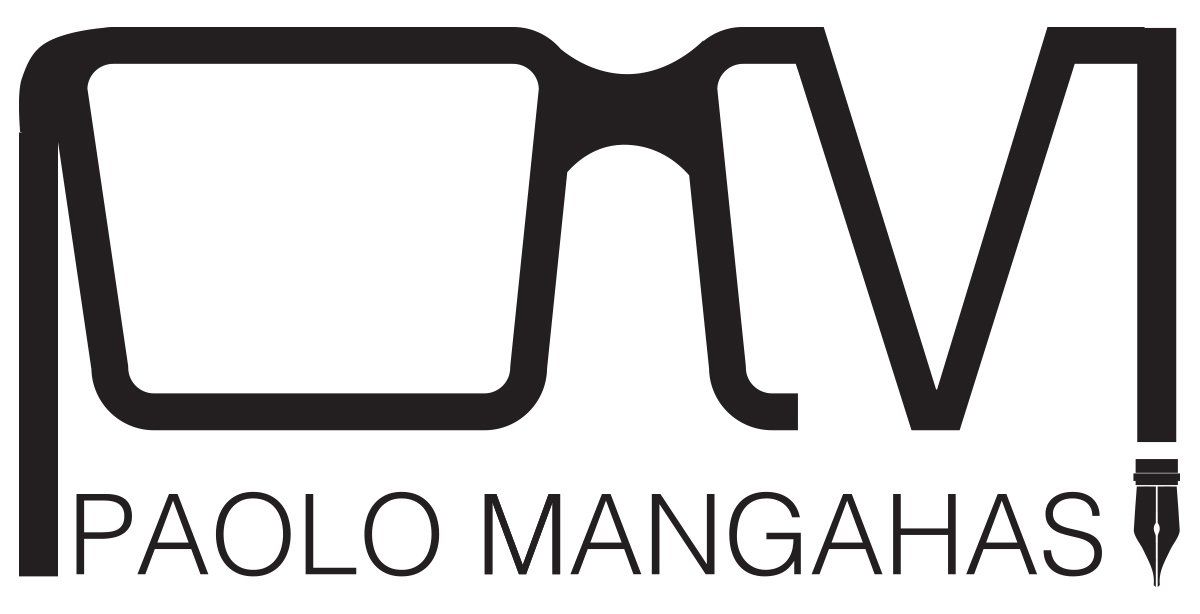Volunteer spirit

A version of this was published in the Philippine Daily Inquirer
“You, of all people, are joining a forest clean-up somewhere in the middle of Manila? First of all, I never even knew there was a forest in Manila, and second, you, of all people?”
My friend said this to me after learning about my latest altruistic pursuits. Initially, her disbelief incited me to mull over the many misconceptions some people had about me. But in the end, it made me reflect on the level of unawareness some people chose to live with.
The sad truth is that there are those who go through life oblivious to the people, situations, and environment that make up their world. However, there are also those who consciously see each and every relationship and experience as a part of who they are—as catalysts for their personal development. I would like to believe that I’m in the latter group.
Unbeknown to my friend, this sense of kinship with everyone and everything around me is what inspired my foray into the demanding, yet fulfilling world of volunteerism.
As individuals with diverse mindsets, we all react differently to the seemingly common urban scenes that cry for our attention every day: a barefoot child begging for money, a disabled man asking for food, or litter-infested streets, parks, and drainages waiting to be cleaned. Whether we like it or not, these scenes (and even more disturbing ones), paint our daily picture of life. They have easily become the perennial subjects of our social canvass.
Some choose to look the other way; others opt to ignore what they see; several acknowledge the problem, but feel too indifferent or helpless to do anything about it; and only a very few decide to make a difference—these are the ones who are bold enough to envision a better way of life, and more important, the ones who have the courage to roll-up their sleeves and take action.
This sense of commitment to help improve current conditions, I believe, is what drives most volunteers to do what they do.
Becoming a volunteer is not as complicated as the uninitiated would think. The only prerequisite is a sincere desire to help—to give a part of oneself for the enrichment of other people’s lives and the world at large.
So where do you start? As the popular saying goes, charity begins at home. You can call your neighborhood association or local community office to check if there are any existing civic or environmental programs you can join. If there are none, you can always start one with your family or friends. This will motivate you to do something about certain issues you may have been wanting to address in your own backyard, as it were. It may also put an end to your complaining, and allow your mouth to rest by letting your hands and feet do the work, for a change. It could mean joining fundraising activities, clean-up drives, recycling projects, or even livelihood programs, where you can share your expertise in any field, be it computers, arts and crafts, reading and writing, cooking, or any other useful skill you can pass on that could help change a person’s life for the better.
It could be as simple as cheering up children with cancer by reading storybooks to them, empowering women to start their own livelihood by training them with business skills, nourishing young minds by teaching street children to read and write, bringing renewed confidence to survivors of child abuse by being their friend, gaining wisdom from the elderly by spending time with them, or giving back to the environment by cleaning parks and beaches or planting trees.
There are infinite volunteering opportunities as there are innumerable people in need of help. And in most cases, the long-term impact or sustainability of your aid is critical, because there’s a severe contrast between merely giving alms to beggars, and inspiring them to make a living and stand on their own feet with a sense of dignity and self-worth. No amount of volunteering work will ever add up to the sense of fulfillment one gets after seeing former indigent people finally sever the need for volunteers.
I was fortunate enough to grow up in a socially-aware household. As early as my grade school years, I was already involved in the frenzied yet amusing world of national and local elections as a campaign volunteer or a poll-watcher. Some of my most eventful summers included collecting old cartons and newspapers for recycling drives, washing cars for fundraising projects, and selling biodegradable laundry soap made by struggling communities. My private Catholic school background also played an instrumental role in my developing compassion towards others, through the various outreach programs and activities I was exposed to.
Participating in these kinds of endeavors early in life honed my passion to consciously live according to my values and embody my beliefs through action; it strengthened for me the notion that creating meaningful change in people’s lives is possible, no matter how seemingly insignificant our contribution to society might be.
One of my most rewarding volunteer activities entailed teaching a child to read and write. There’s an incredible kind of magic that happens when you see the eyes of a child looking at you, eager to learn and to absorb every word you say. And there’s an even greater miracle that happens when you begin to see yourself in those eyes, come face to face with your soul, and feel your connection with all beings. That’s when you realize that any act of kindness you do for others, you ultimately do for yourself.
How many times have we heard the phrase, “I’m only human”? More often than not, people who say this fail to see the divine inside them. But perhaps, it’s their own humanity that they really fail to see. Maybe being only
human is not the problem. Maybe not being human enough
is. Because it’s only through celebrating our humanity that we can see ourselves in others, and it’s only through connecting with others that we can truly recognize our oneness.
And this is why I volunteer. Yes, me, of all people.
